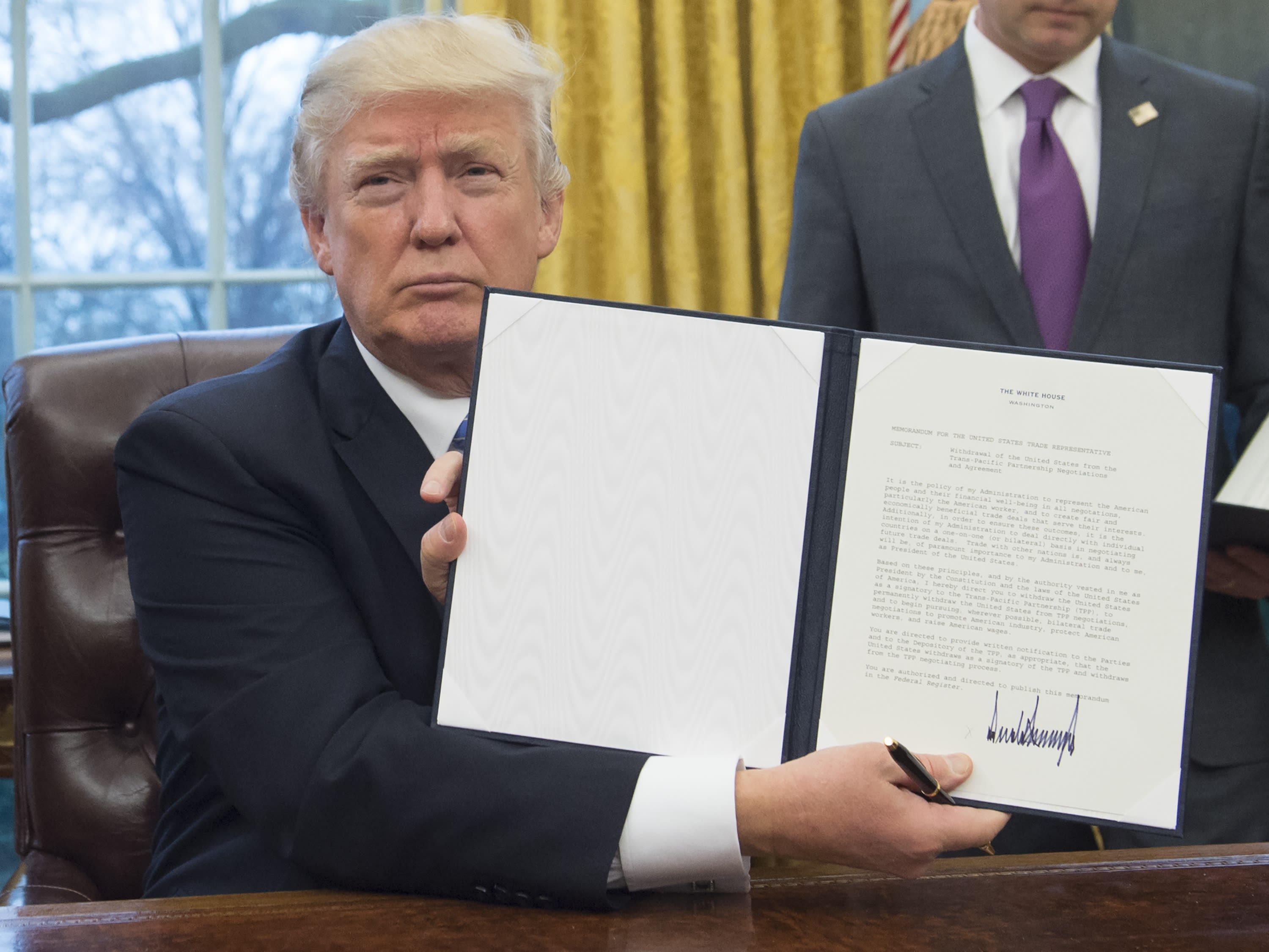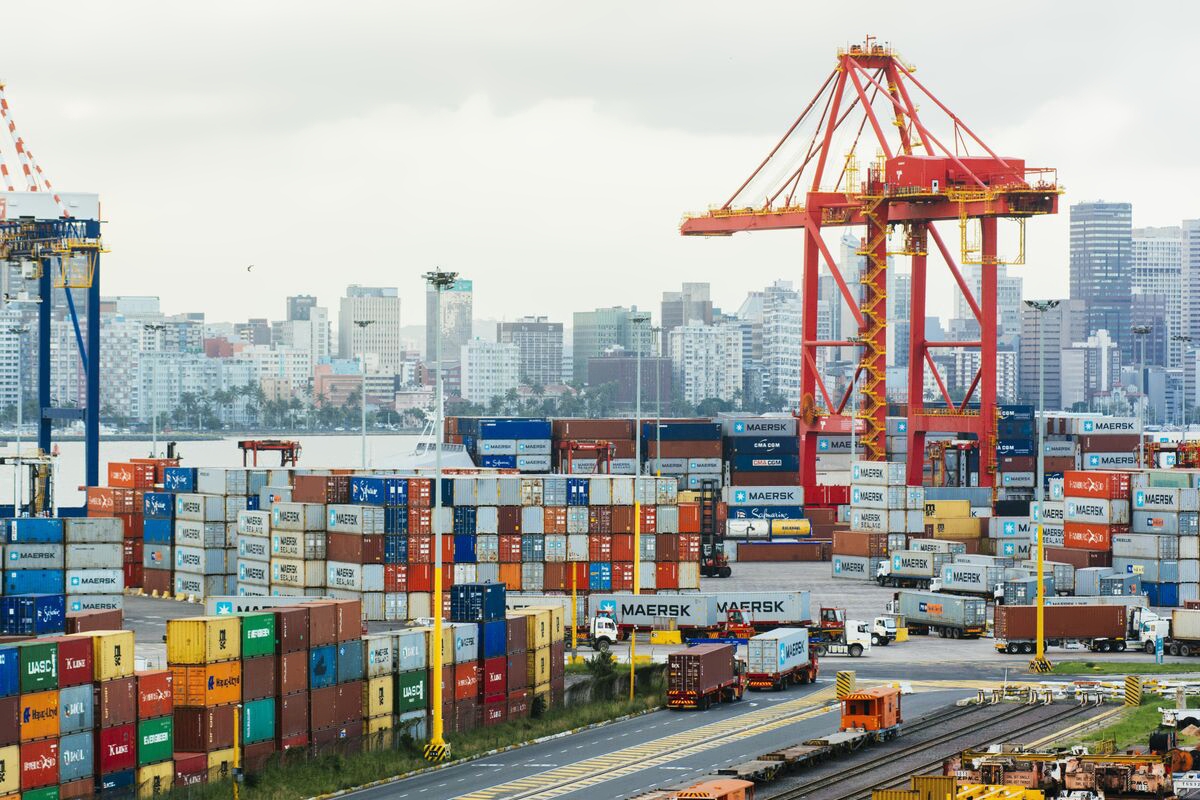Tanzania gets nod to export tin, tantalum

Dar es Salaam. Tanzania will start exporting tin and its base metals of tantalum and wolframite, which are currently mined in Kyerwa and Ngara districts in Kagera Region.
This comes after the country met all export requirements to become the fourth eligible nation in the Great Lakes Region after Rwanda, Burundi and the Democratic Republic of Congo (DRC).
Previously, the country produced tin and its base metals, but was not allowed to export them due to lack of certificates of origin, the necessary requirement for exports.
The highly valued minerals were mostly exported illegally through neigbouring countries, which were issuing certificates, Minerals deputy minister Stanslaus Nyongo said in Dar es Salaam yesterday.
He added that Great Lakes Region leaders placed restrictions on exports of tin and its base metals after it was established that they were fuelling war in the region, especially in the DRC.
Through the Dar es Salaam Protocol of 2004, spearheaded by the then President Benjamin Mkapa, regional leaders agreed on ten issues of concern, with the protocol against illegal mining being placed at number five.
Other protocols were on mutual defence, democracy, genocide, prevention and suppression of sexual violence, property rights and management of information and communication.
The protocol was also part of measures aimed at ending the civil war in the DRC, where rebels were using minerals such as tin and its base metals to finance the purchase of arms or paying soldiers.
“Tanzania has met the necessary requirements to export tin and its base metals, as we are now authorised to issue certificates of origin,” Mr Nyongo said.
“Previously, Tanzania was not qualified to export the minerals, so miners found other ways of selling the commodity outside the country.”
Certificates of origin help determine the origin of minerals.
However, Mr Nyongo did not reveal the extent of reserves of tin and its base metals in Tanzania, although he said they are “abundant”.
He noted that the price of tin in the world market was averaging $24,000 (Sh55 million) per tonne, but an analysis by The Citizen shows that the price was between Sh12 million and Sh16 million per tonne locally five years ago.
In 2014, one kilogramme of tin in Kyerwa and Ngara fetched between Sh12,000 and Sh16,000, according to the State Mining Corporation (Stamico), which was involved in buying the commodity through its subsidiary, Kyerwa Tin Company Limited. Currently, there is no large-scale mining of tin and its base metals.
Tin is used to coat other metals to prevent corrosion, while tantalum is used in the electronics industry for capacitors and high-power resistors.
Wolframite is highly valued and the main source of the metal tungsten, which is used for electric filaments.
Meanwhile, Tanzania is expected to host the Minerals and Mining Investment Conference on February 22 and 23 at the Julius Nyerere International Conference Centre (JNICC) in Dar es Salaam.
The conference will involve mineral and mining stakeholders, who will discuss achievements and challenges in the key sector.


